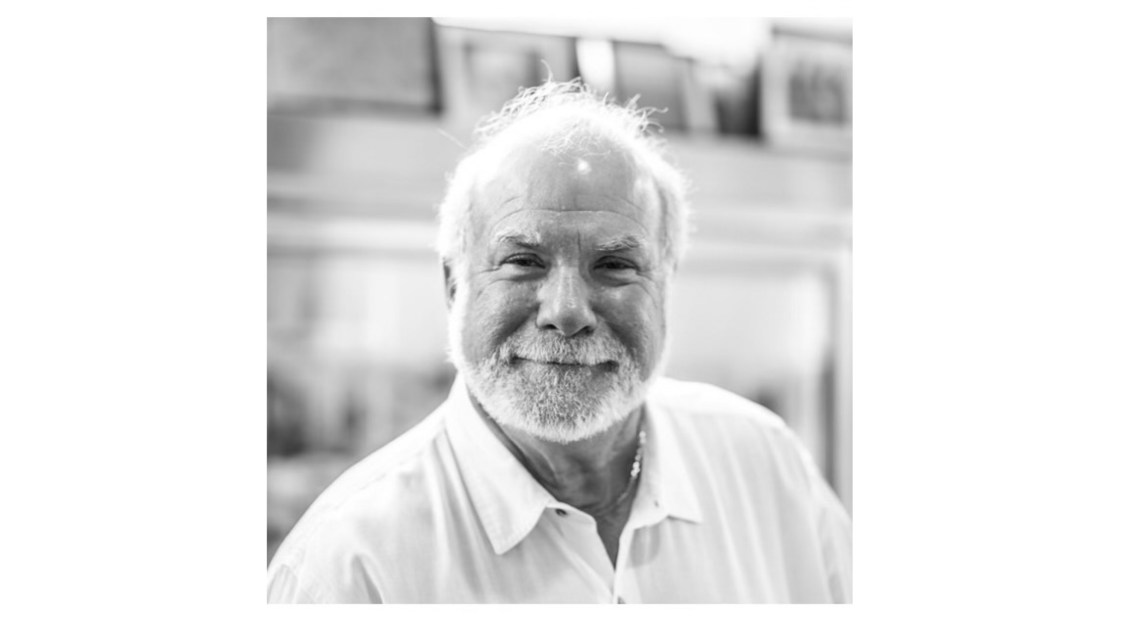Written by Anne R Gearity, PhD, LICSW
I first met Chad at the MSCSW board meetings. We bonded over our shared commitment to, or obsession with, Hill Street Blues (NBC, Thursdays at 9 PM). It was crucial that we both get home in time— this was before streaming or even recording VCRs. Chad loved being a social worker, but he had other priorities and this was a big one.
I am reminded of this because he had so much capacity to know what he wanted— and make it happen. Chad was one of the first social workers to move to “independent” practice— to leave agencies and set up his own office. I remember describing to him my abject terror of doing this and he ever so calmly declared “Don’t worry, it will work”.
He subsequently made sure it would work for many of us with the passage of the licensing bill and the establishment of the MN Board of Social Work. Chad and Alan Ingram (NASW) worked tirelessly and smartly to shepherd this bill through the legislative committees and into reality. He then shifted his energies to strengthening our society (serving as president) and then to the national stage where he was president of the Social Work Federation from 1994-96, where he worked to expand licensing to still unlicensed states.
Calm and confidence are how many describe him as a colleague, friend, supervisor, and therapist. He grew up in Idaho and then California, and came to Minneapolis to earn his MSW from the University of MN. He worked at the Ramsey County Mental Health Center and then United Hospital before shifting to private practice.
He advocated for clinical social work even as he excelled in gaining professional standing with psychiatrists and psychologists and making policies to protect this. He appreciated deeply how much social workers provided the foundations for community mental health care.
In 1996, just as he was finishing his tenure as National President, Chad decided to pursue a PhD in the newly formed Institute for Clinical Social in Chicago and talked me into doing the same. For this, I am forever grateful to him. From the start, he was interested in doing research on restorative justice— and worked with Mark Umbreit and Marilyn Peterson (then both at the U’s School of Social Work).
While they were focusing on this process with victims, Chad was interested— committed to— the experience of offenders. His dissertation was completed in 2003 and was published as Violent Offenders and their Victims: Restorative Justice Through Mediation (Lexington, 2018). I’d like to share his “inside story”: Chad had been assigned to San Quentin Prison in 1970, to satisfy his conscientious objector’s alternative service. In the next year, he was himself a victim, caught in the famous Soledad Brothers riot.
He was seriously injured, left for dead, and survived. To do his dissertation required he visit numerous high-security prisons to meet with offenders who had done a restorative process with their victims’ families. This participation did not alter their sentences, but as Chad learned and wrote about, it had a profound capacity to alter their self-narratives. They could see their their lives as tragic but also having meaning, and the telling of their stories as being of value.
I have wondered what toll this work took on Chad— how he managed his own memories and fears—and what courage he found to embark on this project. In his book’s preface, Chad acknowledged that “interpretive work begins and ends with the biography and the self of the researcher” (Denzin, 1989) and added that his many years as a photographer brought him the necessary clarity to engage in “the contemplation of things as they are… (Lange, 1996).
He worked mightily to use his own story, to not flee from his own experiences, and as he states at the end of the introduction, to have and hold onto “moments of grace”.
May the work he started continue and may we all strive to hold onto “moments of grace” with the people we know— and remember Chad as we do.
Anne R Gearity, PhD, LICSW




